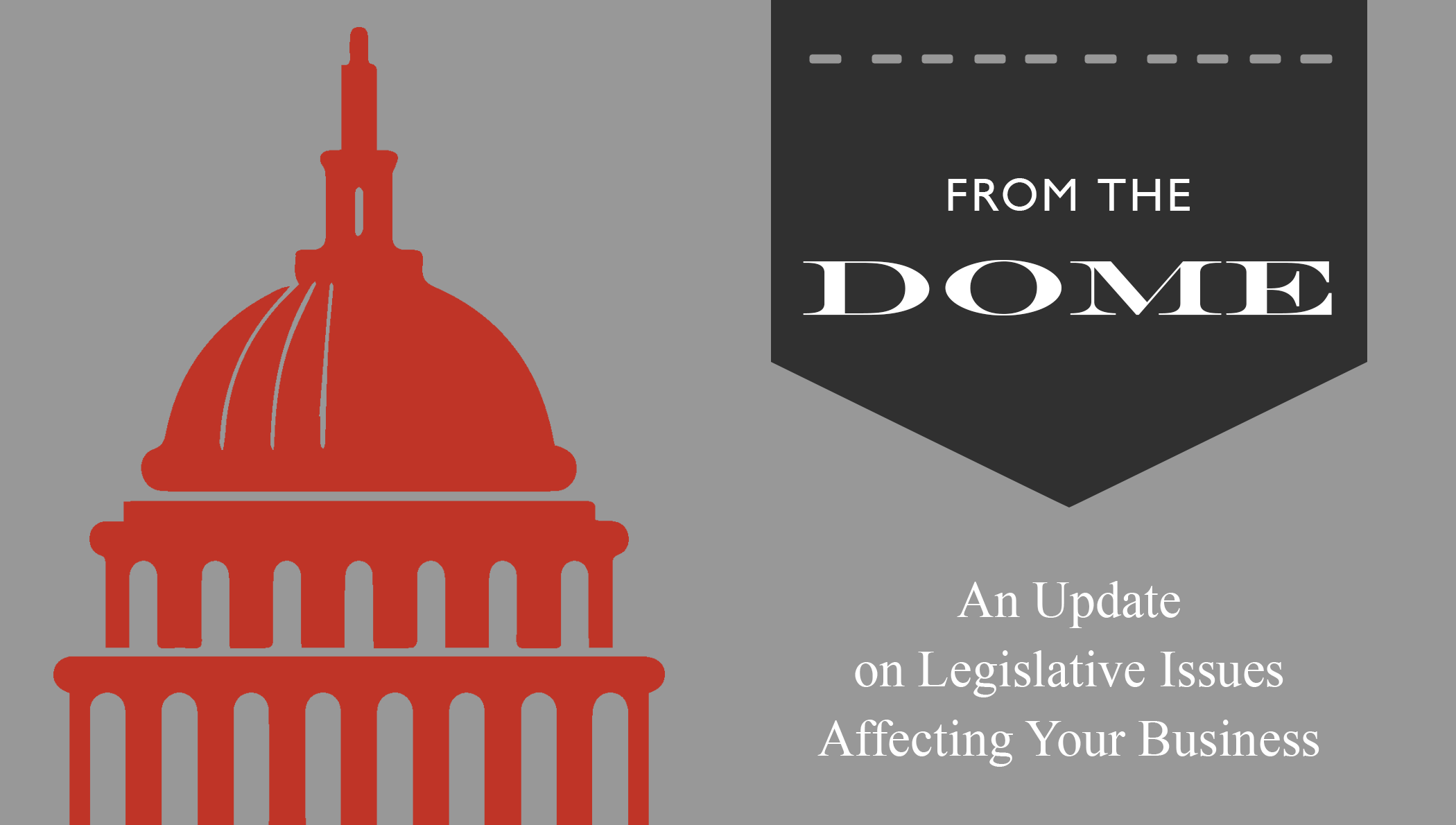 The US House and Senate have passed the Paycheck Protection Program Flexibility Act. This bill grants more time for PPP loan recipients to spend the funds and reduces the amount of funds that must be spent on payroll and still qualify for forgiveness of the loans. President Trump is expected to sign the bill.
The US House and Senate have passed the Paycheck Protection Program Flexibility Act. This bill grants more time for PPP loan recipients to spend the funds and reduces the amount of funds that must be spent on payroll and still qualify for forgiveness of the loans. President Trump is expected to sign the bill.
Following are key points of the bill:
- Extends the “covered period” for loan forgiveness from eight weeks following the disbursement of the loan to the earlier of 24 weeks from loan disbursement or December 31, 2020. A borrower who received a loan before the bill’s enactment could elect to continue using the eight-week covered period.
- Extends, until December 31, 2020, the CARES Act’s June 30, 2020 deadline to rehire employees and reverse salary cuts of greater than 25 percent.
- Exempts borrowers from the proportional reduction in loan forgiveness due to a reduction in employees, if the borrower is able to document in good faith that for the period of February 15 to December 31, 2020, the borrower was unable to:
- rehire employees who had been employed on February 15, 2020, or hire similarly qualified employees for unfilled positions by December 31, 2020; or
- return to the same level of business activity at which the borrower was operating before February 15, 2020, due to compliance with federal requirements or guidance set forth between March 1 and December 31, 2020, relating to standards of sanitation, social distancing, or other worker or customer safety requirements related to COVID-19.
- Provides that at least 60 percent of PPP loan proceeds must be used for payroll costs to qualify for loan forgiveness.
- Eliminates the six-month deferral of payments due under PPP loans and replace it with deferral until the date on which the amount of loan forgiveness is remitted to the lender. If a borrower fails to apply for loan forgiveness within 10 months after the last day of the covered period for PPP loan forgiveness, the borrower must begin to make payments of principal, interest, and fees on its PPP loan.
- Extends the minimum loan term to five years, enlarging the two-year maturity date imposed by the SBA. This amendment to the PPP would take effect on the date of the bill’s enactment and apply to any PPP loan made on or after such a date. Lenders and borrowers, however, would not be prohibited from mutually agreeing to modify the maturity terms of prior-disbursed PPP loans.
- Removes the CARES Act provision restricting employers who receive PPP loan forgiveness from deferring payroll taxes incurred between March 27, 2020 and December 31, 2020.




